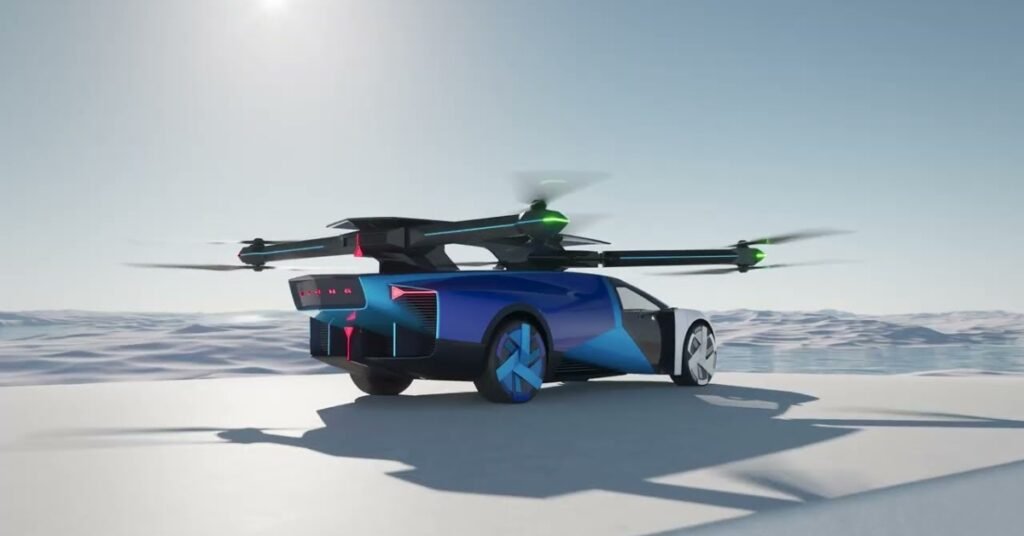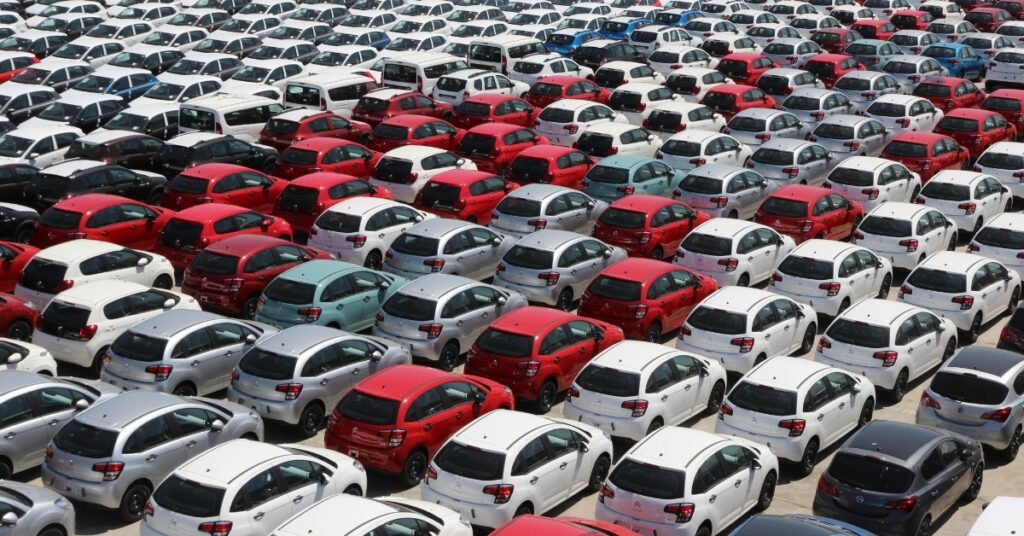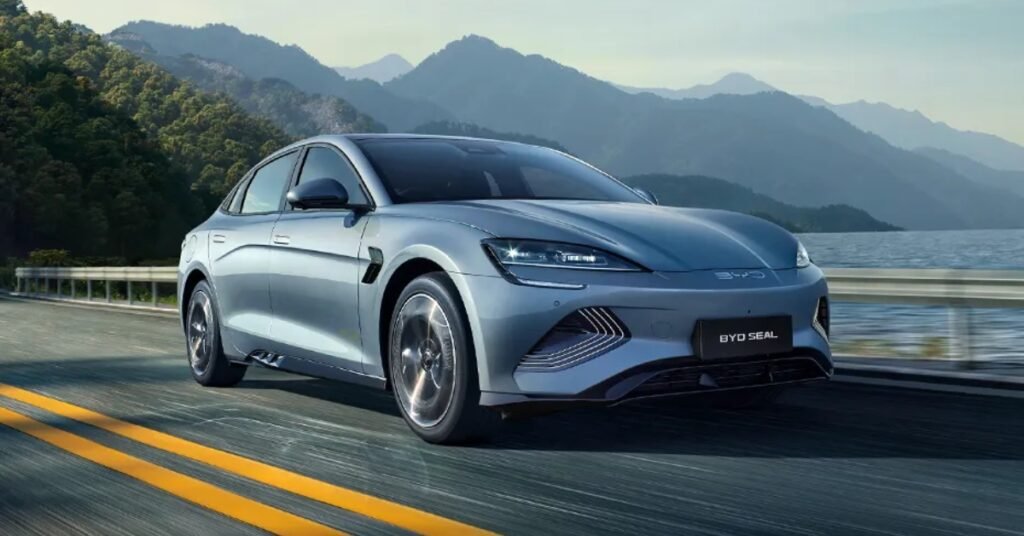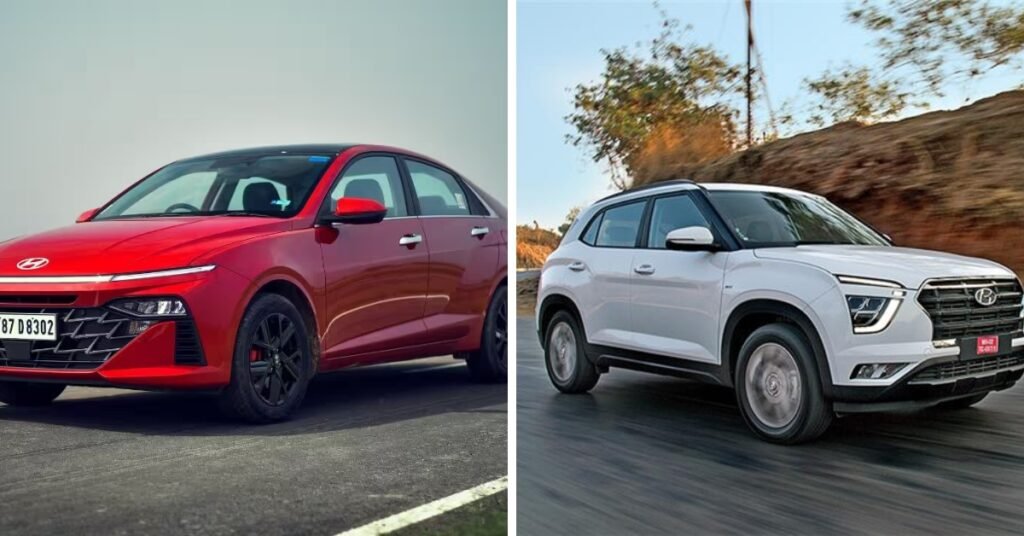The automobile industry is often considered a country’s economic health barometer.
So as Pakistan grapples with an economic crisis, with its GDP growth plummeting to a mere 1.5% in 2022, India’s automobile market feels the aftershocks.
Table of Contents
In this blog post, we will dive into how this crisis influences India’s automobile market, examining the challenges, opportunities, and the latest developments in the industry.
So buckle up as we take you on a ride through the bumpy road of India’s automobile sector and its connection with Pakistan’s economic woes.
How the Downfall Affects India’s Automobile Market
Market Expansion Opportunities
The crisis in Pakistan has left its automobile industry gasping for air.
This situation has opened doors for Indian automakers to expand their market share.
Several Indian manufacturers have made inroads by targeting Pakistani consumers with attractive vehicles and easy financing options.
For instance, Indian automaker Tata Motors exported over 5,000 vehicles to Pakistan in 2022, a 20% increase compared to the previous year.
Supply Chain Disruptions
The interconnected nature of the global automobile industry means that India must overcome the impact of Pakistan’s economic crisis.
Indian automakers have faced difficulties procuring auto parts and raw materials from Pakistan, leading to longer lead times and production delays.
These disruptions have forced manufacturers to search for alternative suppliers and rethink their supply chain strategies.
The Shift in Consumer Preferences
As economic instability grips Pakistan, its consumers are changing their priorities.
As a result, affordability and fuel efficiency have taken precedence over luxury and performance.
This shift may encourage Indian automakers to innovate and design budget-friendly, fuel-efficient vehicles to cater to the evolving preferences of Pakistani consumers.
Regional Trade Dynamics
Pakistan’s economic downfall has affected bilateral trade between India and Pakistan.
The reduced trade has limited the exchange of automobile components and finished products, negatively impacting the industry.
However, India’s recent trade agreements and initiatives with other countries may help alleviate the impact of this decline on the automobile market.
Latest Information
India’s automobile industry has shown remarkable adaptability in these challenges.
Here are the latest developments:
- New Partnerships and Trade Agreements: India has been forging partnerships and signing trade agreements with countries like the UAE, Japan, South Korea, and others to bolster the automobile sector. These partnerships are expected to open new export markets, enhance technology transfer, and encourage investments in the Indian automobile industry.
- Increased Local Manufacturing: To combat supply chain disruptions, Indian automakers have invested heavily in local production of auto components. This strategy reduces import dependency, helps create more jobs, and strengthens the local economy. For example, Maruti Suzuki recently announced a $1.3 billion investment to expand its manufacturing facilities in India, focusing on producing more components in-house.
- Adoption of Electric Vehicles (EVs): The Indian government’s push for electric vehicles (EVs) adoption is set to revolutionize the automobile market. With a target of 30% EV penetration by 2030, the focus on EVs is expected to make the market more eco-friendly and sustainable.
Mitigating the Effects of Pakistan’s Economic Downturn
To navigate the challenges presented by Pakistan’s economic crisis, India’s automobile market can:
- Strengthen regional trade ties and explore alternative markets for exports and imports of automobile components and finished products.
- Invest in research and development to create more affordable, fuel-efficient vehicles that cater to changing consumer preferences.
- Collaborate with the government and industry stakeholders to accelerate the adoption of electric vehicles, ensuring a sustainable and resilient future for the industry.
- Develop robust contingency plans to manage supply chain disruptions and mitigate the impact of any future economic crises.
Conclusion
Pakistan’s economic crisis has created significant challenges for India’s automobile market.
However, Indian automakers have demonstrated remarkable adaptability and resilience in these challenges.
By exploring new markets, strengthening local manufacturing, and embracing EVs, the industry is well-positioned to navigate the choppy waters of Pakistan’s economic downturn.
Moreover, by collaborating with the government and industry stakeholders, the Indian automobile market can emerge stronger and more sustainable, making significant strides toward a brighter future.






